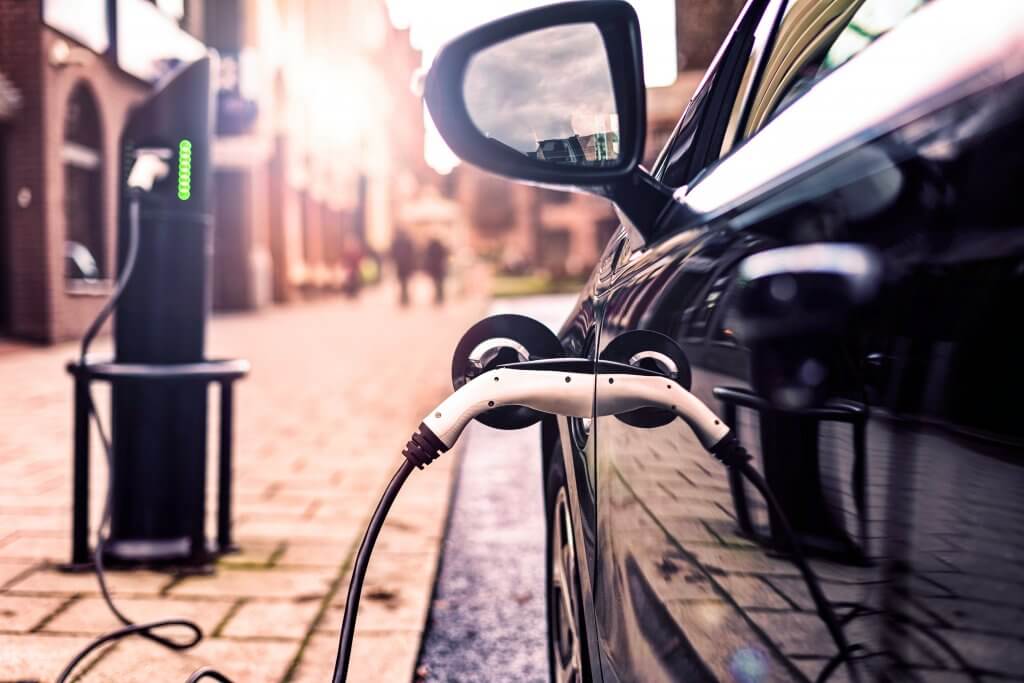Electric Vehicle Misconceptions
We're driving you to the facts
Question 1:
How far can I travel in an electric vehicle (EV)?
Answer:
The average person drives 37 miles per day, and the capabilities of today’s batteries in EVs are able to travel more than double that distance. For example, the Chevrolet Bolt has a range of 238 miles.
Question 2:
Aren’t electric vehicles like oversized golf carts?
Answer:
Although both may be operated from electricity, they have very different capabilities. EVs are environmentally friendly, advanced, and responsive vehicles. Some car brands offer trim packages, allowing drivers to create a car that suits them. Many drivers enjoy the quieter atmosphere of an EV compared to a gasoline-powered car.
Question 3
How are EVs good for the environment if they are powered by electricity that was generated from coal?
Answer:
Electric vehicles have drastically reduced greenhouse gas emissions as EVs have no exhaust emissions. Some electricity is generated from coal, but we also have members that produce renewable energy and sell back to us. With our investment in the West Riverside Energy Center, which is a natural gas fired power plant, this will ensure that clean electricity is being delivered to our members.
Question 4:
I hear electric vehicles don’t operate very well in colder weather. Is that true?
Answer:
The battery range is slightly reduced in frigid weather, but even with subzero temperatures, the majority of EVs have the range to get you to your destination. In this case, a hybrid EV would be perfect!
Question 5:
Where would I charge my electric vehicle?
Answer:
Most people would prefer charging stations at home or workplace. EVs have become more and more popular, leading to more public charging stations. Visit Plugshare.com to see a listing of where all charging stations are located in the country.
Question 6:
Gas prices are low; wouldn’t that affect electric vehicle sales?
Answer:
We believe fuel costs are not a driving factor. According to CNBC, these are the following reasons people have an interest in electric vehicles:
- 87% have a concern for the environment
- 62% are forecasting lower long-term costs
- 52% want cutting-edge technology
Question 7:
Will my electric bill increase?
Answer:
It depends on your electric usage. You may spend more on electricity, but driving an EV will outweigh the cost of gasoline. Let’s break it down. The average cost per kilowatt hour in the country is $0.12, and if it takes you 34 kWh to travel 100 miles, that is about $0.04 per mile or $4 to go 100 miles. Paying $0.04 per mile X 15,000 miles a year = $600.
Now assuming the cost of gasoline is $2.50 per gallon, you drive a 28 mile per gallon vehicle, and traveling 100 miles; this would cost you $8.93. Paying $8.93 X 15,000 miles a year = approximately $1340.
You would save about $740 (55%) on your traveling costs a year if you drove an electric vehicle. Overall, yes, your electric bill would increase from charging, but savings over $700 would offset that cost.
Question 8:
Why do EVs cost so much more than traditional vehicles?
Answer:
Looking at the sticker price, it may cost more up front when buying an electric vehicle. But remember the savings you’d receive with the cost to charge vs. the cost of fuel. There is also an incentive program to get a tax credit up to $7,500! There is also an opportunity for you to get a tax credit for a charging unit. In addition to these incentive programs, EVs are built with the latest technology and have more advanced equipment under the hood. Because the equipment and parts are more up-to-date, driving an electric vehicle could drastically reduce annual maintenance costs.



